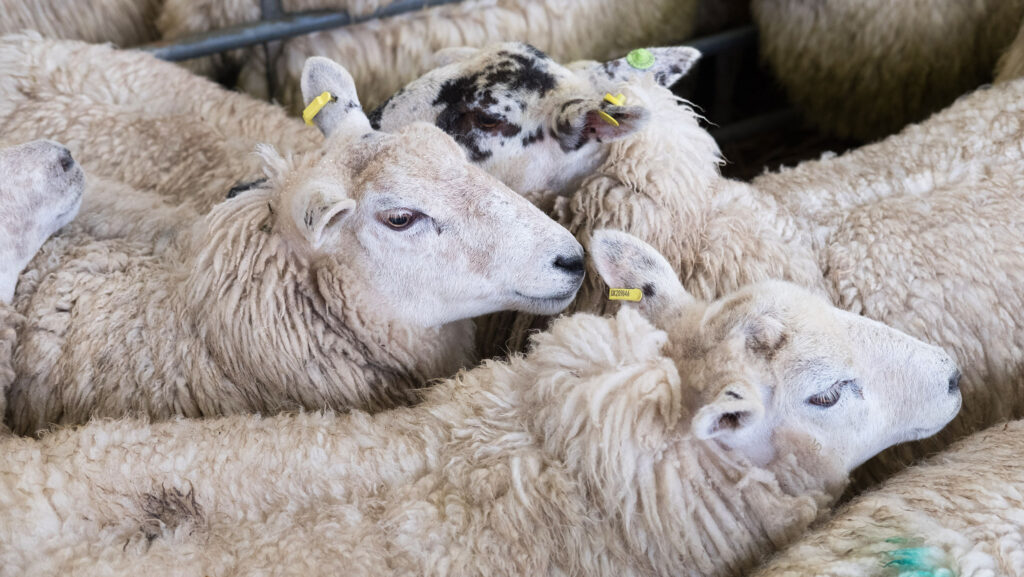Trade at livestock markets thriving despite bluetongue zones
 © Tim Scrivener
© Tim Scrivener Auction marts have seen a flying trade for both beef and lamb, despite the logistical challenges posed by the bluetongue restriction zone covering half of the country.
Buyers still appear keen to secure numbers in order to fill demand requirements, with steers and heifers both averaging more than £3/kg liveweight at UK auction markets in the past week.
Meanwhile, finished lambs were trading at above £3/kg and cull ewes were making close to £100/head.
See also: GB beef and sheep numbers expected to fall further by 2030
There have been 168 confirmed cases of bluetongue since late August, and the current restriction zone covers most of the eastern side of England.
Logistical nightmare
Auction marts based near the edge of the bluetongue restriction zone have been adversely affected by movement restrictions, with a lack of transparency and communication from the Animal and Plant Health Agency (Apha) leaving some vendors unsure about who and where they can supply in the short term.
The store trade has been particularly badly hit, with throughputs down.
Finished trade has also been affected, but to a lesser degree, with certain markets being granted licences to sell stock direct to slaughter from both inside and outside the zone.
Tom Wrench, auctioneer at Rugby Farmers Mart, said that with the market located so close to the bluetongue zone border, it had one week where its throughputs were chopped to 45% overnight, with only farms outside the zone able to supply.
“We then battled for a long time that week to get an agreement, but they wouldn’t give it initially,” he said.
“However, we can now sell [finished] stock from any zone, but it has to go direct to slaughter, which has effectively made us a red market.”
Mr Wrench added that it still limited which buyers the market could sell to, and while the cattle abattoirs were able to generally accommodate the rules straight away, it had been much more difficult for finished sheep, both for abattoirs and hauliers.
“We are probably somewhere in the region of 75% down on store stock numbers this autumn and this is 95% due to bluetongue restrictions,” he said.
“For stores, our numbers have been very short, but our trade has been very good.”
Selby Livestock Auction Mart has faced similar issues to Rugby – it currently sits just outside the bluetongue zone.
Auctioneer Richard Haigh said that with the market already operating as a red market, it was able to maintain finished cattle numbers, but sheep sales had been more affected.
“We are allowed sheep out of the bluetongue zone, but they have to be sold to a designated bluetongue abattoir and it has affected the number of people who are able to bid for sheep,” he said.
“We sell a reasonable amount of store stock on a Saturday, which has been more affected for both cattle and sheep in terms of numbers.”
Livestock markets within the bluetongue restricted zone are facing different issues, with fewer buyers able to purchase from within the zone.
